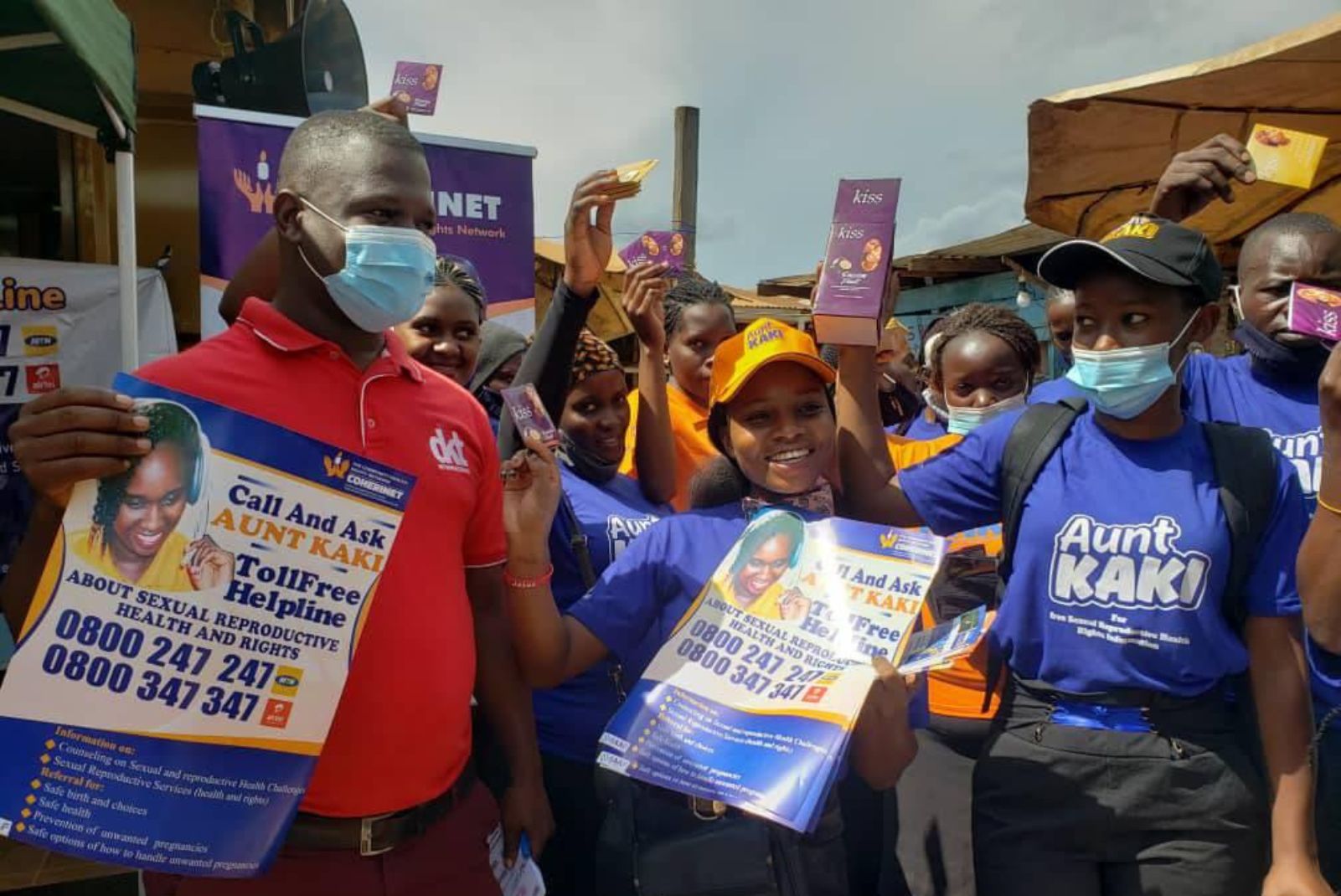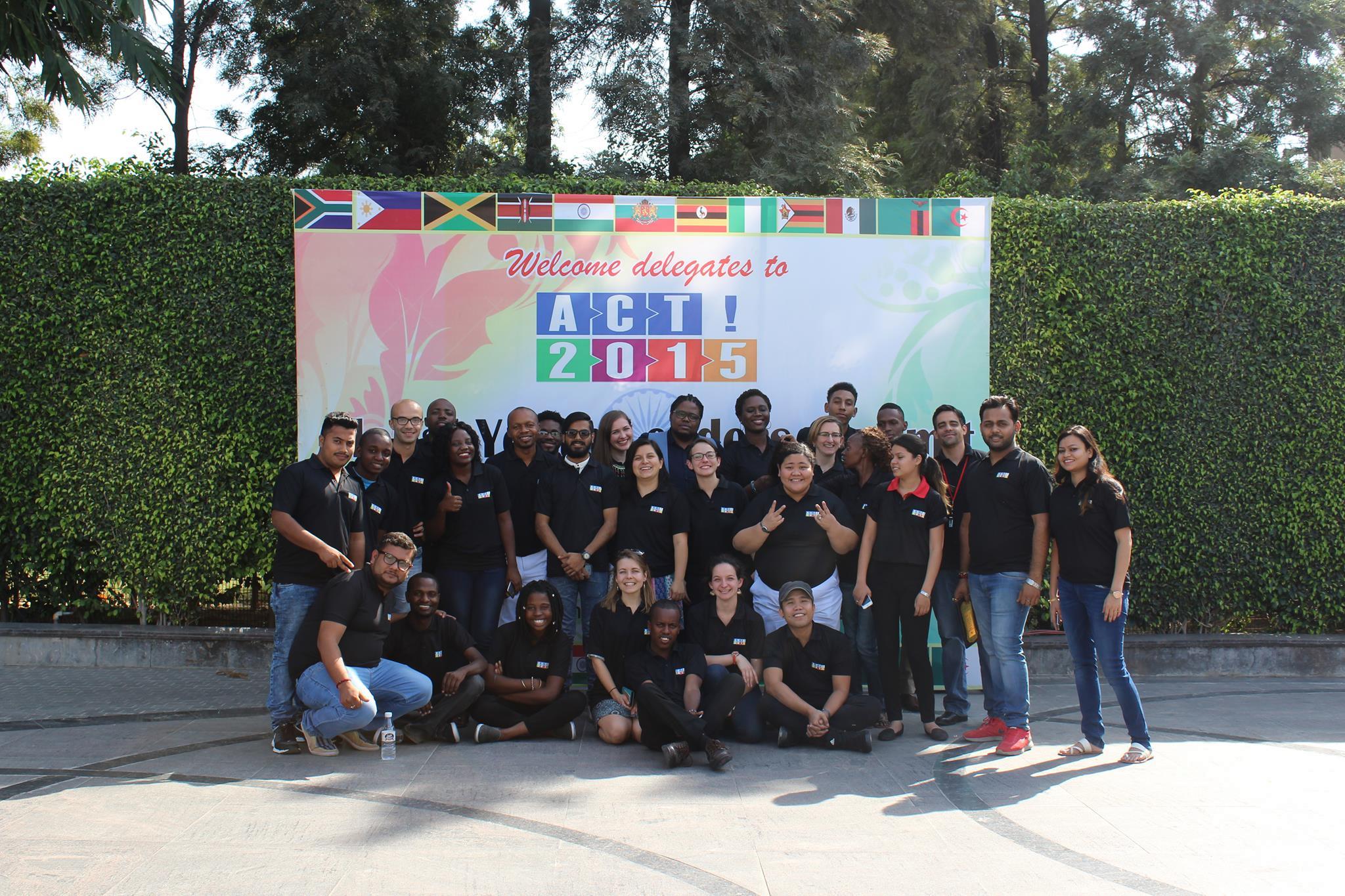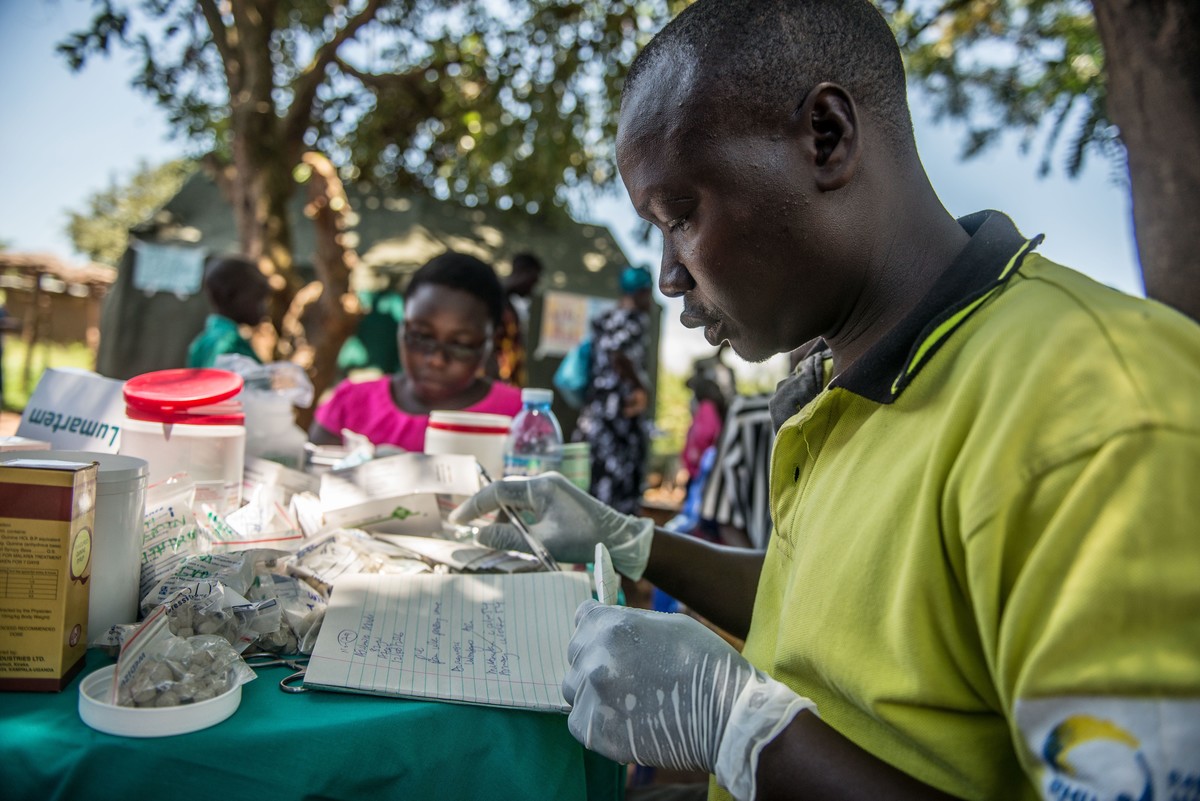
| 13 June 2017
Safe Abortion Action Fund
The Safe Abortion Action Fund (SAAF) is the only international fund focused exclusively on the right to safe and legal abortion. It was established in 2006 in part to meet the critical need for funding that arose upon the re-imposition of the ‘Global Gag Rule’. SAAF (hosted by IPPF) quickly became an important and unique funding mechanism – unequivocally focusing on de-stigmatizing and increasing access to safe legal abortion across the world and supporting organisations that serve people living in the most restrictive environments. Where financial support for abortion initiatives is scarce, particularly for organisations that may not be able to access large international funding mechanisms, SAAF provides a channel that can effectively support and strengthen the capacity of these groups, without the high administrative burden required by many donors. For more information about the fund visit the SAAF website www.saafund.org

| 30 March 2017
Japan Trust Fund
The Japan Trust Fund (JTF) represents a visionary partnership that began in 2000 between the Government of Japan and IPPF. Together, we invest in programmes that prioritize health equity, gender equality, and human security for all. Traditionally a driving force behind IPPF's efforts to support the integrated HIV prevention programmes of our Member Associations in Africa and Asia, JTF has adjusted to reflect changing global health priorities. We attach importance to universal access to sexual and reproductive health and rights - an essential contributor to universal health coverage and the global development goals. These projects have transformed the lives of people most vulnerable to HIV and high risk of maternal and child mortality. Equally, it ensures that as a donor, the GOJ’s response to HIV remains people-centred and contributes to human security.

| 07 February 2017
ACT!2030
IPPF collaborates with UNAIDS and The PACT to implement ACT!2030 (formerly ACT!2015), a youth-led social action initiative which engages young people in 12 countries with advocacy and accountability around the Sustainable Development Goals (SDGs) and other SRHR agreements/frameworks. ACT!2030 was initiated in 2013 as a way to increase youth participation in the negotiations leading up to the adoption of the post-2015 development agenda, and for two years focused on establishing alliances of youth-led and youth-serving organisations in 12 countries across the world. The project is currently in Phase 4, which runs until the end of 2017, and aims to establish youth-led, data-driven accountability mechanisms to ensure youth engagement with the implementation of the SDGs and build an evidence base for advocacy. Ultimately, Phase 4 of ACT!2030 seeks to identify, assess and address key policy barriers to young people’s sexual and reproductive data by using existing data, supplemented by youth-collected data, to advocate and lobby for policy change. This phase involves four main activities: indicator advocacy (persuading decision makers to adopt youth-friendly SRHR and HIV indicators, including on things like comprehensive sexuality education (CSE) and access to youth-friendly services, into national/global reporting mechanisms); evidence gathering (creating national databases on quality of and access to youth-friendly services and CSE); communications (transforming this data and evidence into communications pieces that can be used to advocacy and lobby at national and international level); and global exchange (facilitating global visibility to share advocacy and engagement learnings and increase youth-led accountability in global and regional processes). ACT!2030 is implemented by national alliances of youth organisations in 12 countries: Algeria, Bulgaria, India, Jamaica, Kenya, Mexico, Nigeria, Philippines, South Africa, Uganda, Zambia and Zimbabwe.

| 05 May 2016
Tackling abortion stigma
Abortion stigma affects women and girls, abortion providers, reproductive rights advocates and communities. Although abortion is a common experience around the world, it is still largely stigmatised. Negative attitudes and beliefs about abortion may act as barriers to accessing safe services and can make it difficult for people to talk about their experiences of abortion. This can be very isolating, and may force people to continue unwanted pregnancies or to seek unsafe abortion. Since 2011 the David & Lucile Packard Foundation has supported IPPF to implement a range of initiatives to investigate and address abortion stigma. Find out more here, about the effective strategies and learning over the course of this project. It is often young people who are most severely affected by abortion stigma, and who are most at risk of suffering health complications as a result of unsafe abortion. Since 2014 IPPF has delivered a project focused on abortion stigma as it affects young people’s access to services, with targeted work in our Member Associations in Benin, Burkina Faso, India and Pakistan. This builds on previous initiatives and includes: Implementing individual, community and clinic-based interventions in the four countries where abortion stigma research was conducted under the previous grant. Abortion stigma at the community level will be measured at the beginning and end of each project using an adapted version of the Stigmatizing Attitudes, Beliefs and Actions Scale (SABAS) developed by Ipas Developing global guidance and tools to improve abortion messaging to ensure abortion is integrated into peer educator training and better raise awareness of abortion-related services to young people Building capacity of youth advocates to speak out on the right to access abortion services Generating and sharing of evidence and good practices on addressing abortion stigma In addition to the abortion stigma work supported by the Packard Foundation, the IPPF Western Hemisphere Region (WHR) has been conducting a research study in collaboration with Ibis Reproductive Health to better understand the effects that the provision of abortion-related services have on providers’ and clients’ perceptions and experiences of stigma. This research has been conducted in four countries with different legal contexts and varying degrees of access to services: the Dominican Republic, Uruguay, Colombia, and Argentina. WHR is also working with the University of Michigan to pilot facilitated group workshops to reduce stigma and foster resilience among abortion service providers in Colombia, Argentina, Bolivia, Mexico and Peru. Through this project IPPF has created a range of tools and resources to support understanding of abortion stigma and to increase the capacity of our Member Associations to advocate for safe abortion, and to provide non-stigmatising education and information. How to talk about abortion: A guide for journalists, editors and media outlets encourages accurate reporting of the facts about abortion, and honest portrayals of abortion as part of real people’s lives and relationships. How to educate about abortion: A guide for peer educators, trainers and teachers is a comprehensive guide providing the rationale for teaching about abortion issues, as well a number of practical activities for doing so. The accompanying short animation distills this advice into just two minutes! How to talk about abortion: A guide to rights-based messaging is designed to help individuals and organizations think about the language and images they use to communicate about abortion and offers best practice tips. Again, a short animation has been created to share these tips further Our Member Associations in Bosnia and Herzegovina, Cameroon, Ghana, and Pakistan have shared best practices for improving young people’s access to safe abortion services. These feature strategies based on: creating a ‘buddy system’ for young people accessing services, working with educational establishments, using social media, and youth friendly spaces respectively. In 2015, young people from IPPF Member Associations in Spain, Nepal, Macedonia, Ghana and Palestine were awarded small grants to support projects focused on tackling abortion stigma. Read more about these youth-led projects. The ‘Youth Against Abortion Stigma’ website features blogposts from young IPPF volunteers around the world. In 2017, young people from IPPF Member Associations in Guinea, Kenya, Nepal, Puerto Rico, Sierra Leone and Venezuela were awarded small grants to support youth-led projects focused on tackling abortion stigma. SEE OUR RESULTS

| 16 February 2016
Evidence Project
Under the Evidence project, IPPF is undertaking innovative research on respecting, protecting and promoting human rights in family planning/reproductive health services and ensuring community voices are part of efforts to improve and strengthen family planning programming. The Evidence Project uses implementation science to improve family planning policies, programs, and practices. Led by the Population Council in partnership with INDEPTH Network, International Planned Parenthood Federation, PATH, Population Reference Bureau, and the project’s University Resource Network, the five-year project (2013–2018) is investigating which strategies work best in improving, expanding, and sustaining family planning services. IPPF is leading on two cross-cutting areas of research. Firstly under the Evidence project, we are undertaking research on how the respect and protection of human rights of women and girls can be instituted and operationalised, and how programs can be held accountable for providing high-quality services. http://evidenceproject.popcouncil.org/technical-areas-and-activities/equity-rights-and-accountability. In order to address the need for indicators and tools for rights based family planning, the Evidence Project has partnered with global experts on human rights and family planning, the International Planned Parenthood Federation’s Sustainable Network Project (SIFPO/IPPF) and with colleagues at Reproductive Health Uganda (RHU) to develop and validate the Rights-Based Family Planning (RBFP) Service Delivery Index in Uganda. This is work is being undertaken in close collaboration with the Economic Policy Research Centre Uganda and University College London. In addition, we are undertaking a variety of activities that aim to contribute to a deeper knowledge of whether and how the implementation of accountability mechanisms in family planning and reproductive health programs improves clients’ access to and quality of services. For example, a multi-site case study in Uganda uses process evaluation methodology to explore the implementation of two social accountability programs, aiming to determine what hinders and facilitates engagement at the community level and its translation into improved social accountability processes and reproductive health outcomes. http://evidenceproject.popcouncil.org/accountability-mechanisms-to-improve-family-planning-and-reproductive-health-programs/






